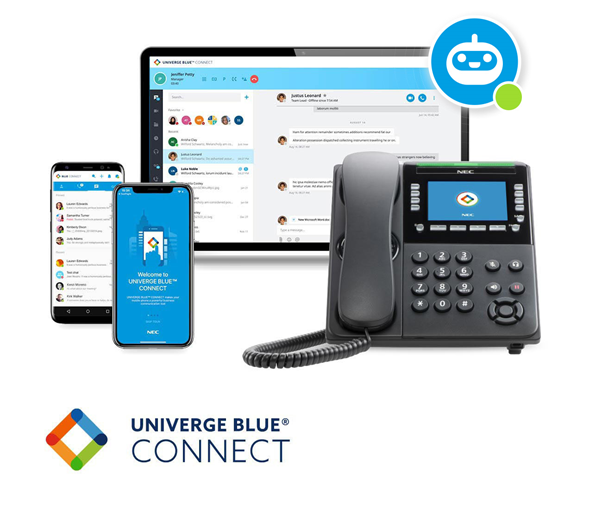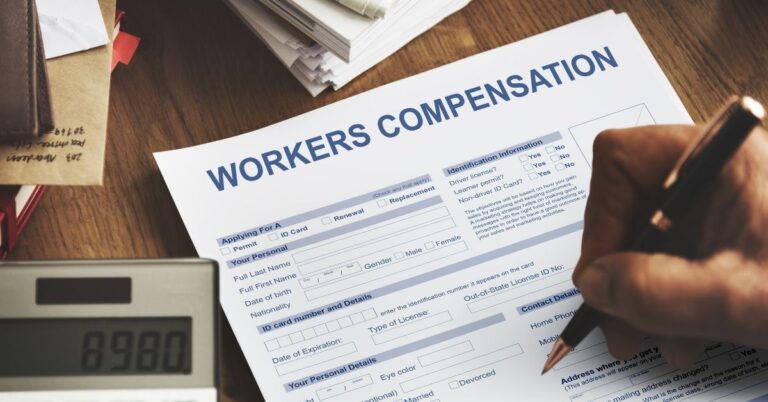Simple Financial Tips to Get You Back on Track

There are so many financial decisions that need to be made for you to get your bank account back on track. Whether it’s staying on top of your bill or making sure that you’re saving money in some way, these tax relief professional will help you get back on track.
Budgeting Basics
Budgeting is one of the most important aspects of maintaining financial health, yet it’s also one of the most difficult. There are a lot of moving parts to consider when creating a budget, but the process can be boiled down to a few basics.
Start by evaluating your current income and expenses. This will give you a good starting point for understanding where your money is going each month. Once you have a clear picture of your spending, you can start to make adjustments.
There are a variety of ways to approach budgeting, but one of the simplest is the 50/30/20 rule. This rule suggests that 50% of your income should go towards essential expenses like housing and utilities, 30% should be dedicated to discretionary spending like entertainment and dining out, and 20% should be saved or used to pay down debt.
Of course, this is just a general guideline and your specific circumstances may require a different approach. The important thing is to find what works for you and stick with it. Creating and following a budget can be challenging, but it’s an essential step in taking control of your finances.
Here are a few tips to help you get started:
1. Make a budget
The first step to getting out of debt is to figure out where your money is going. Take a look at your income and expenses and see where you can cut back. There’s no magic number for how much you should save each month, but every little bit helps.
2. Create a payment plan
Once you have a budget in place, it’s time to create a payment plan for your debts. Start by paying off the debts with the highest interest rates first. Then, work your way down the list. As you pay off each debt, use that extra money to make larger payments on the next debt on the list.
3. Stay disciplined
It’s important to stay disciplined with your payments. Once you’ve fallen behind on your debts, it can be difficult to catch up.
Focusing on the Future
When it comes to getting your finances back on track, it’s important to focus on the future. That means setting realistic goals and making a plan to achieve them.
The Importance of an Emergency Fund
An emergency fund is important because it provides a buffer between you and unexpected expenses. If you have an emergency fund, you can cover unexpected costs without having to rely on credit cards or loans. This can help you avoid high-interest rates and fees, as well as the stress of not being able to pay your bills.
An emergency fund can also help you avoid going into debt if you experience a financial setback. For example, if you lose your job, an emergency fund can help you cover your living expenses until you find new employment. Having an emergency fund gives you peace of mind knowing that you have a safety net in place if something goes wrong.
If you don’t have an emergency fund, now is the time to start one. Begin by setting aside some money each month into a savings account. You may want to start with $50 or $100 per month, depending on your budget. Once you have built up a decent-sized emergency fund, consider investing some of the money so that it can grow over time. Having an emergency fund is an important part of financial planning and can help ensure that you are prepared for anything life throws your way.
Conclusion
financial tips that can help you get your finances back on track. Implementing even just a few of these tips can make a big difference in your overall financial health. If you’re serious about getting your finances under control, start with these five simple tips and see where it takes you.








